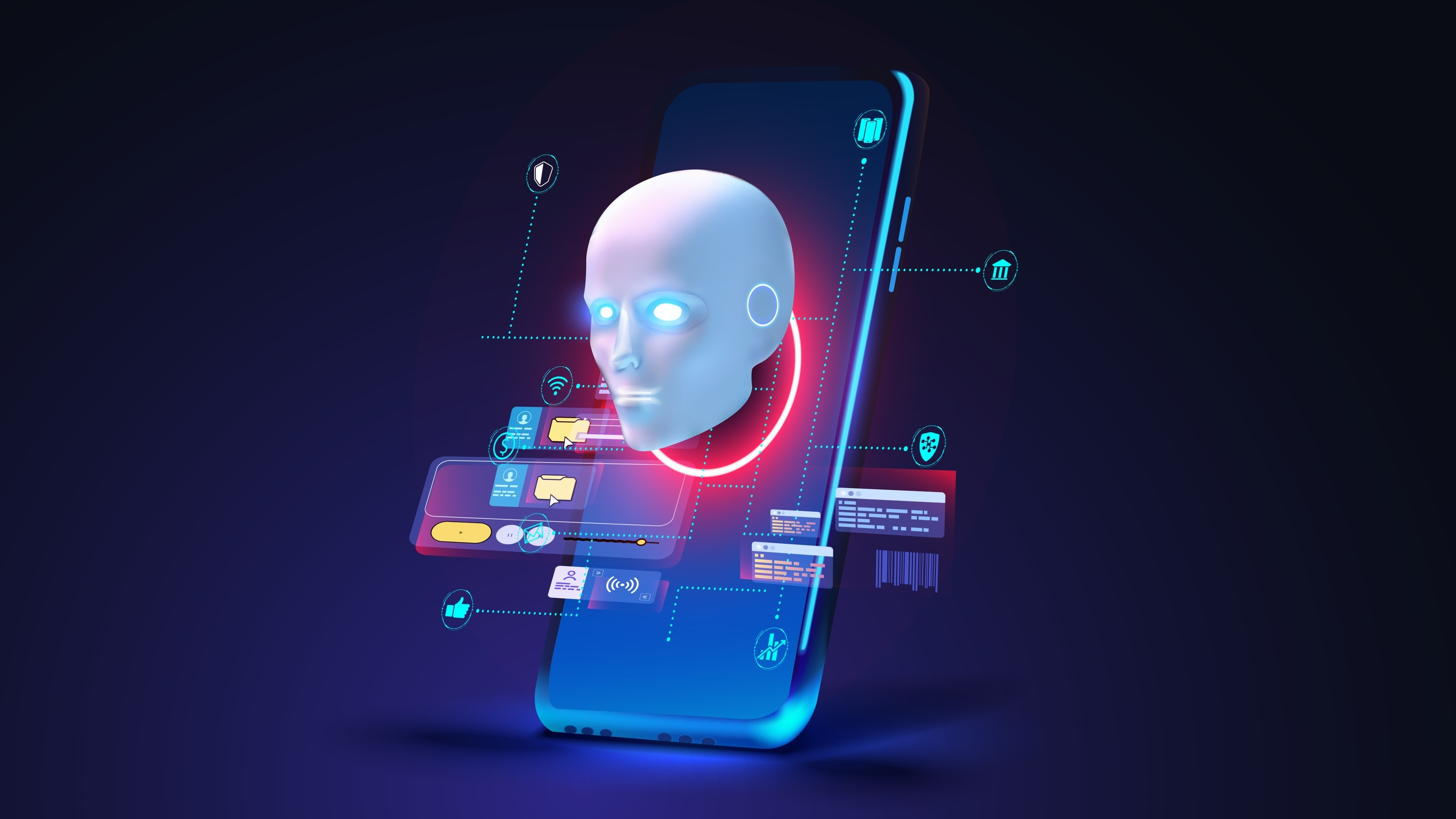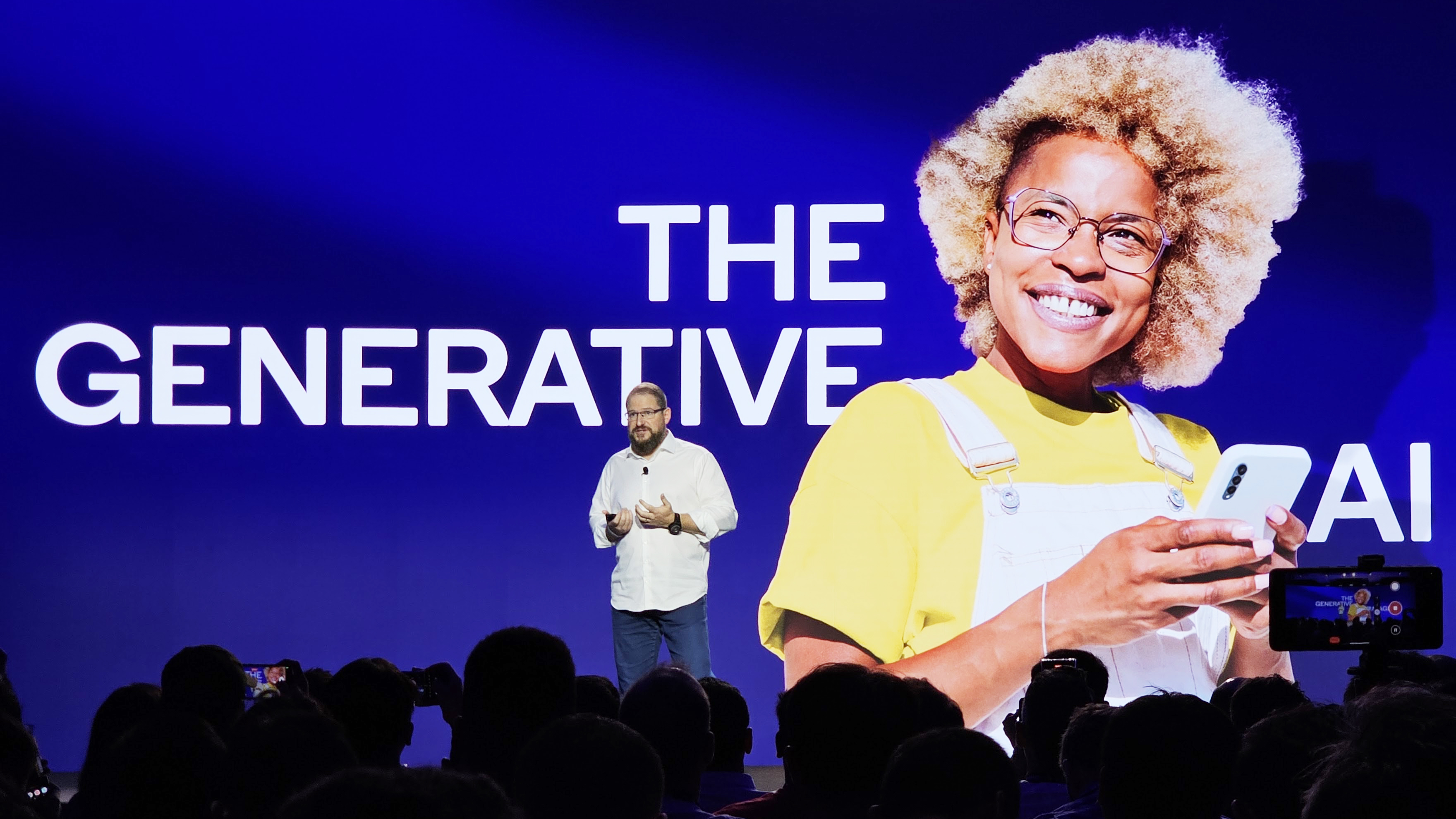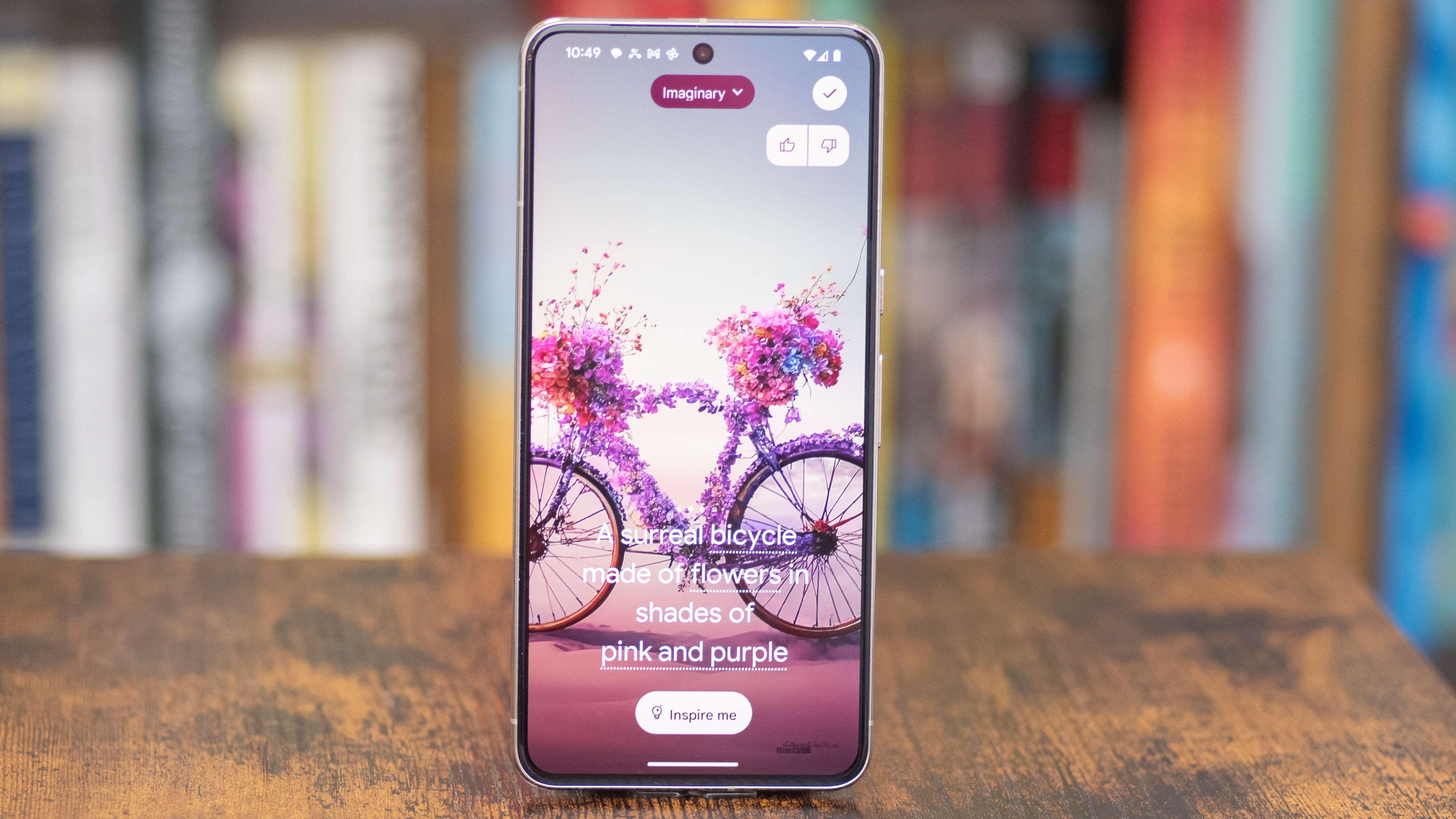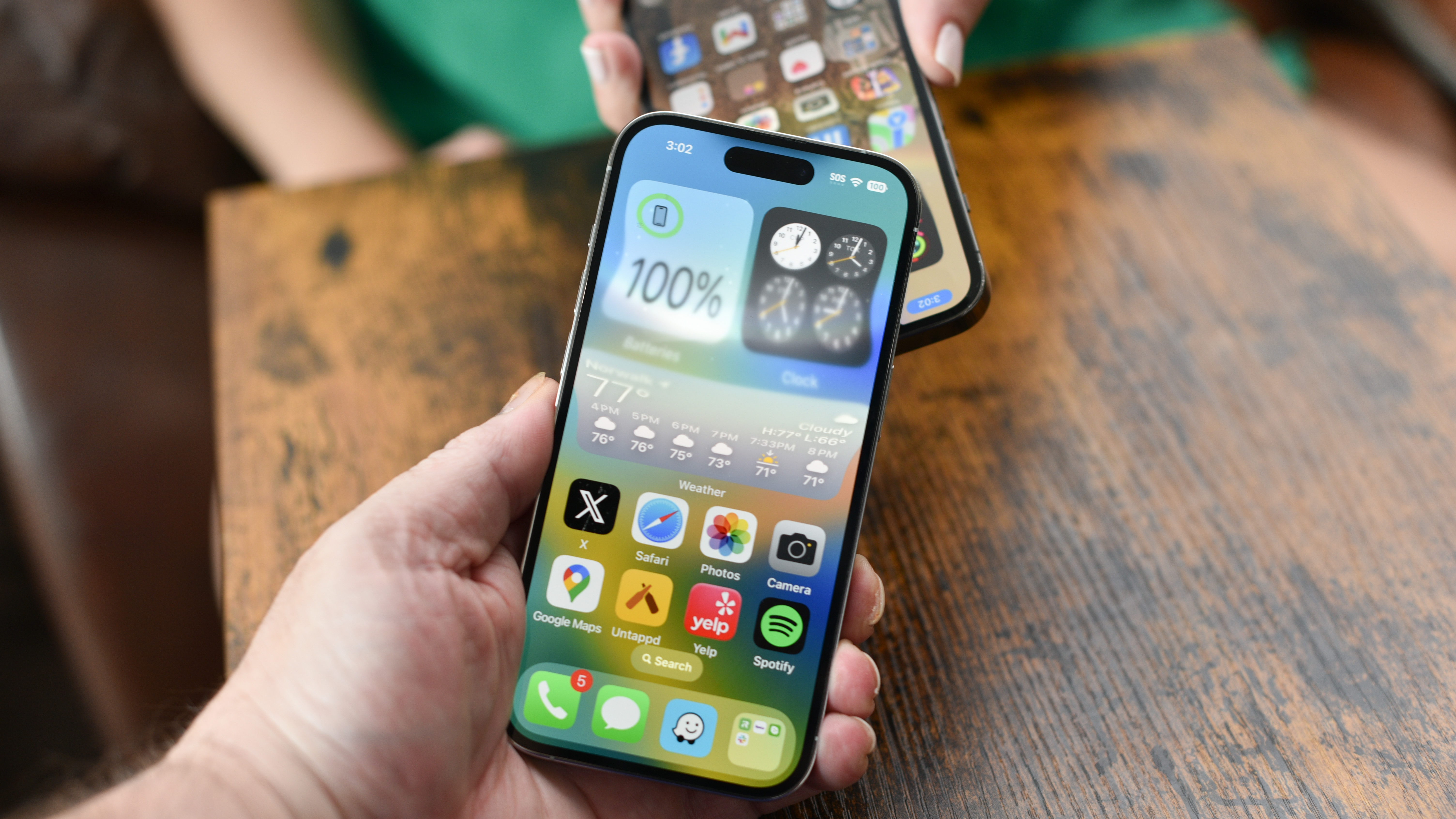
What do we already know about the Galaxy S24? Samsung has dropped only a few hints, most notably that AI is coming to Samsung phones. We know that Samsung has a large language model that it is developing, and we suspect that the Galaxy S24 will use a platform that specializes in machine learning. Whatever AI we expect on the Galaxy S24 at launch, it won’t be much, and it won’t be great at first, but it’s going to change everything, eventually.
We’re expecting the Galaxy S24 will use the Qualcomm Snapdragon 8 Gen 3 platform inside. That chipset, like the new Intel Core Ultra processors that were just announced for laptop computers, is built with a newer component called a neural processing unit (NPU).

The new Snapdragon’s NPU is made for handling AI, or really machine learning tasks, like employing a large language model (LLM) to create text or using a graphics generator to create images on your phone. Samsung has named its generative AI tools “Gauss,” after the scientist who invented the first working electric telegraph line, and we have some idea what Gauss will do on phones.
Gauss is made up of an LLM, an image generator, and a code generator, for writing and compiling computer code. Samsung has said these will be tools that will be added to other features, so there won’t be a “Gauss” app on your phone to do random AI chores, hopefully.
Google Pixel phones already have AI features

Google’s Pixel phones have had a neural engine in the Tensor chipset that Google designed. There are some machine learning-enabled features that are handled on the device, but much of the so-called AI work on those phones is still offloaded to Google’s cloud servers, and Google isn’t very clear about which is which.
The Recorder app can transcribe recordings for you ... of a certain length. Google Photos can Unblur photos and enhance videos, though only some of this work is being done by the Google Tensor platform. For more advanced video enhancement, Google sends the work to its cloud, which sends back a better video later.
So far, almost all of the demonstrations I’ve seen for AI on a phone have been of this type; images and text. The AI can create words for you, or it can summarize for you, or it can help create an image. Not exactly the most useful stuff, so far, and nothing that seems like an earth shattering change for smartphones.
Samsung phones could get much better with AI help
I think Samsung has more potential to benefit from AI than most phone makers, however. Right now, phone makers are thinking of what AI can create. Instead, I hope that AI makes phones easier to use.
Samsung phones are hard to use. If I want to adjust the Settings on my iPhone 15, I know where to find what I need with ease. The iPhone may not give me enough options, but it isn’t confusing, and I never have trouble finding my favorite features.

Samsung phones are the exact opposite. They give me too many options, too much to do. I want to love the phone for that, but it’s a maze. It’s a mess. Samsung knows it, that’s why it created Bixby. Bixby would be a perfect match for smartphone AI.
Yes, I said Bixby. Bixby is not Siri, an assistant. Bixby is Samsung’s answer to its own confusing menus and interface. When Bixby originally launched, Samsung had dreams of using Bixby as an interface, to control every product with voice. It hasn’t quite evolved that way, but that doesn’t mean it hasn’t evolved.
Bixby is ready to become AI more than any other name-brand virtual assistant. Bixby was made for this. I don’t want AI on my phone to simply generate text messages. I don’t want it to just make pretty wallpapers. I want AI to make my phone easier to use. There’s never been a better fit for AI than the morass of Samsung’s One UI.
Somebody still needs to develop this future
AI is definitely coming to Android, and we’re going to need to upgrade
Truthfully, we don’t know what to expect from AI on a smartphone, and neither does anybody else. Qualcomm makes the chips that will run AI programs, and it has no idea what AI will look like. Intel announced similar chips for AI on laptops, and it couldn’t explain what an AI future will bring. AI is still under development, and that means it will change and … well, develop.
The important thing is to have a device that is future proof, if this is the future. We could soon realize that the primitive neural engines in the latest mobile chipset can’t run any useful AI software in the future. But Google is promising seven years of Android OS updates on its Pixel 8 phones, starting when they launched in late 2023. AI is definitely coming to Android, and we’re going to need to upgrade if we want to take advantage.







